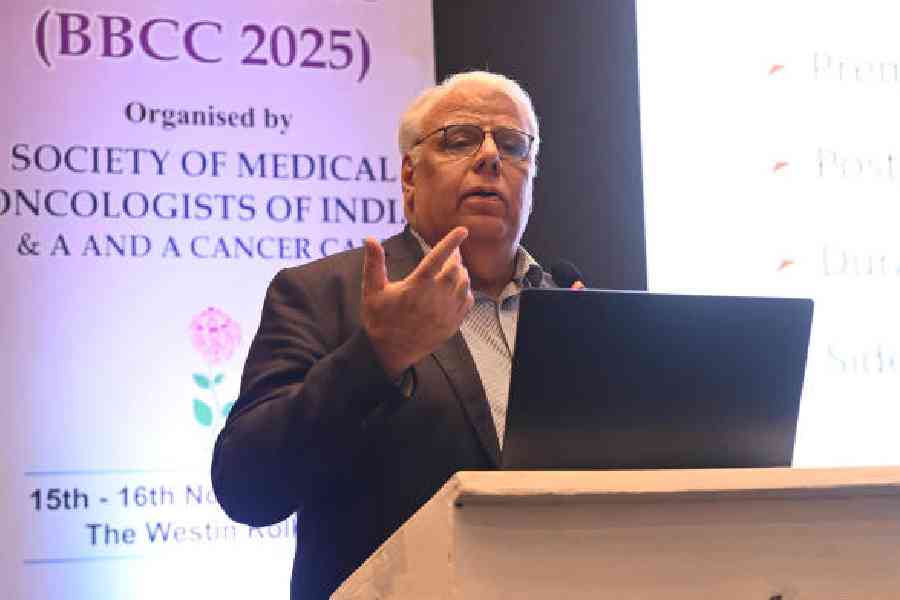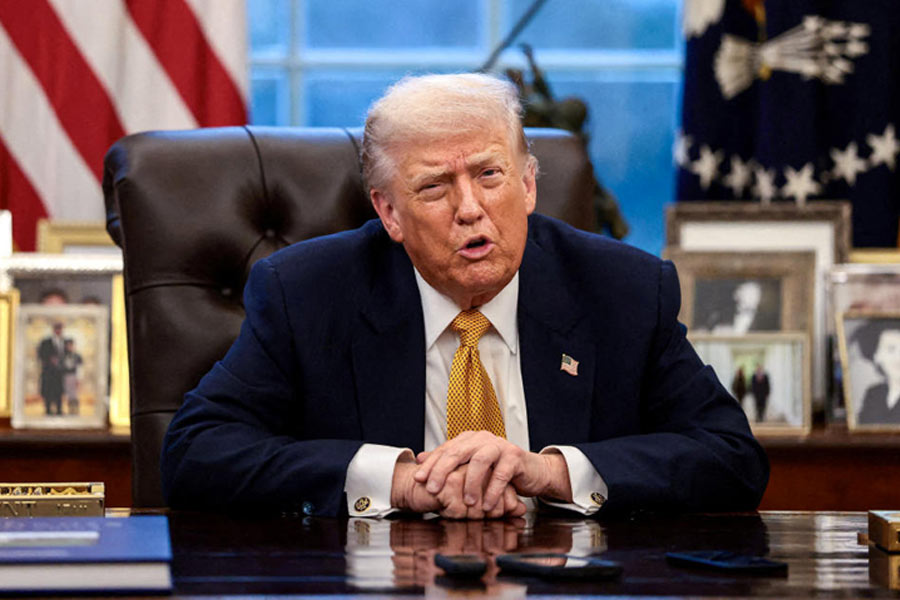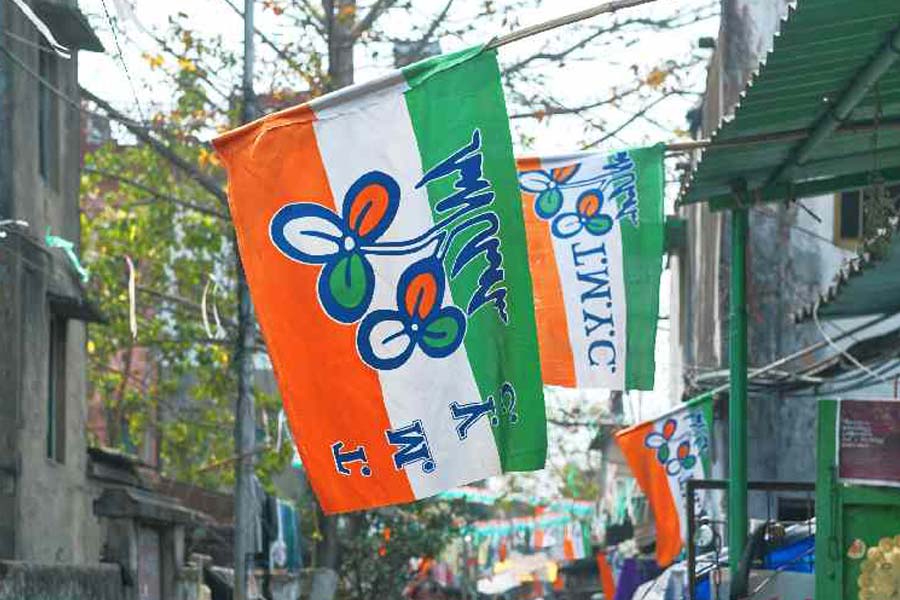Screening and counselling patients diagnosed with breast cancer are crucial to effective treatment, oncologists said at a conference in the city on Saturday. Breast cancer remains the most common cancer among women, and proper guidance can significantly influence treatment outcomes.
Fear of chemotherapy side effects often leads women to refuse treatment, explained Vinod Raina, chairman of the cancer department at Fortis Memorial Research Institute, Gurgaon.
“Some women think chemotherapy will leave them bedridden, and side effects like hair loss will affect their appearance. We have to assure them these side effects are temporary and emphasise that enduring them can save their life,” Raina said.
The former head of oncology at AIIMS, New Delhi, delivered the keynote lecture on “How I counsel a patient for adjuvant therapy” on the first day of the Bengal Breast Cancer Conference (BBCC), organised by the Society of Medical Oncologists of India.
Adjuvant therapy, he explained, is treatment after surgery aimed at reducing cancer recurrence and eliminating microscopic cancer cells.
“Counselling is critical because breast cancer treatment affects not just survival but quality of life. Women worry about body changes and breast distortion, which can lead to feelings of being left out,” said Gautam Mukhopadhyay, surgical oncologist and patron of the society.
“Today, oncologists aim to retain or reconstruct the breast whenever possible. The outcome isn’t just long-term survival, but also the patient’s quality of life,” he added.
The two-day conference in New Town had 300 breast cancer specialists, including surgeons, medical oncologists, and radiation oncologists from across India, with participants from Tata Memorial Hospital, Mumbai; Christian Medical College, Vellore; PGIMER, Chandigarh; and Apollo Hospitals, Chennai, among others.
While breast cancer is primarily associated with women, in both urban and rural areas, Mukhopadhyay stressed that men are also affected.
“Though it is often seen as a metropolitan, elite disease, the reality in rural and underprivileged populations is serious. Corporate interventions alone cannot address the issue. While private hospitals have upgraded therapies, we are also strengthening public systems with aggressive screening and free treatment,” said Alapan Bandyopadhyay, chief advisor to chief minister Mamata Banerjee.
“Free treatment is vital. Many metropolitan residents don’t realise that government hospital treatments are fully free. Even in private hospitals, our state scheme Swasthya Sathi covers patient care in many cases,” he added.
Bandyopadhyay was the chief guest at the conference, with actor Rituparna Sengupta as guest of honour.
Saikat Gupta, director and head of surgical oncology at Apollo Gleneagles Cancer Hospital, highlighted gaps in insurance and the state scheme. “Investigations such as blood tests, CT scans, staging, and biopsies are not fully covered. Sometimes the cost burden prevents patients from starting treatment,” he said.
Organising secretary of the conference, oncologist Sayan Paul of Apollo Cancer Care Centre, Kolkata, said, “We want to put Calcutta on the academic map of oncology. (Through this conference) People all over India get to know about the advanced work and research discussions happening here.”










